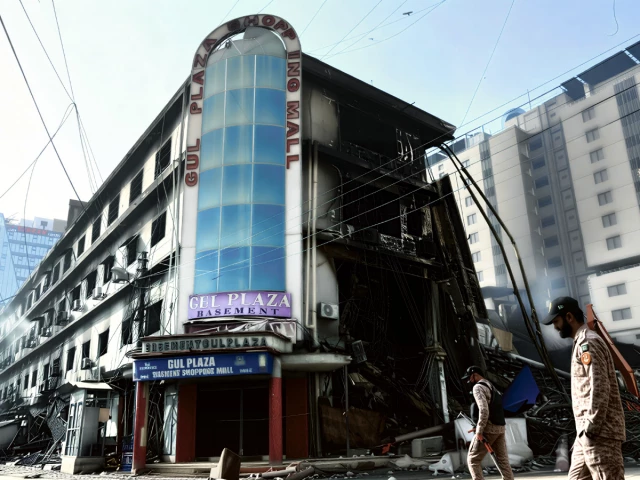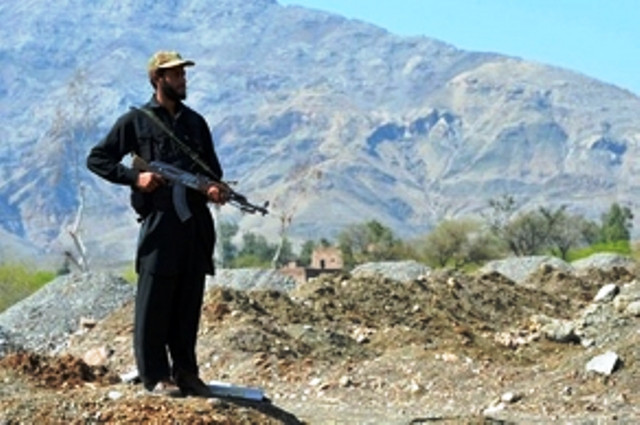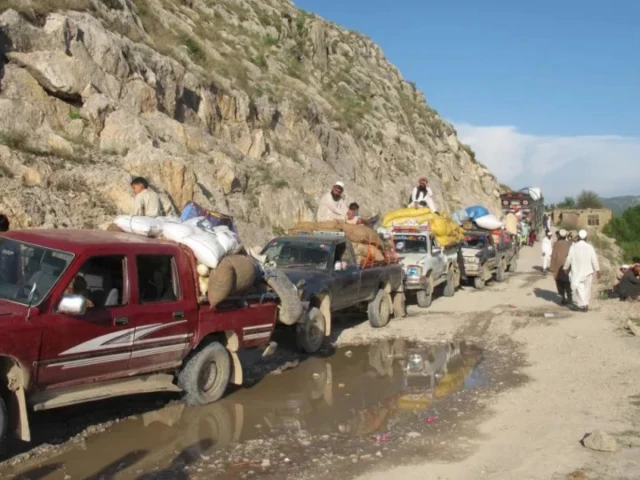- Counsel for IK seeks early hearing of appeals ahead of Ramazan Business Recorder
- Conviction after conviction shrinks Imran Khan’s chances of securing release Geo News
- PTI’s legal, political woes worsen The Express Tribune
- Two Cases Filed Against…
Category: 1. Pakistan
-
Counsel for IK seeks early hearing of appeals ahead of Ramazan – Business Recorder
-
Uninterrupted power transmission during Basant – Business Recorder
- Uninterrupted power transmission during Basant Business Recorder
- Maryam finalises plans for holding safe Basant Dawn
- Lahore prepares free transport to ensure smooth travel during basant festival Daily Times
- Permission granted to bring kite-flying…
Continue Reading
-
Lessons in smoke | Pakistan Today
The Gul Plaza fire was more than just a tragic headline. It was a stark reminder of how quickly life can change when fire meets poor preparation. Behind the smoke, the flames and the sirens lies a lesson we cannot ignore. Fire does not warn in…
Continue Reading
-

Investigation reveals how Gul Plaza fire became a death trap
Report exposes severe lapses by the mall administration and rescue services that led the blaze to escalate
Paramilitary personnel walk past charred remains of the Gul Plaza shopping mall in Karachi on Jan 22, 2026. PHOTO:AFP
…Continue Reading
-
Analyst hails govt’s economic policies for stabilizing economy – RADIO PAKISTAN
- Analyst hails govt’s economic policies for stabilizing economy RADIO PAKISTAN
- PM Shehbaz announces Rs4.4 cut in electricity rates for industries Dawn
- ‘Burden of wishes’: PM Shehbaz talks hits to ‘self-esteem’ in asking allied nations for…
Continue Reading
-

PHC told neither federal nor K-P govt authorised Tirah operation
Court also orders release of fund for affected residents, summons tribal elders to verify if govt is providing any aid
Tirah Valley. Photo: File
…Continue Reading
-
PTI cannot ‘dictate’ meetings with Imran by staging sit-ins: Tallal Chaudhry – Dawn
- PTI cannot ‘dictate’ meetings with Imran by staging sit-ins: Tallal Chaudhry Dawn
- After day-long sit-in outside SC, PTI says Imran’s family to be provided ex-premier’s medical report Dawn
- Pims senior doctor reveals details of Imran Khan’s…
Continue Reading
-
PTI cannot ‘dictate’ meetings with Imran by staging sit-ins: Tallal Chaudhry – Dawn
- PTI cannot ‘dictate’ meetings with Imran by staging sit-ins: Tallal Chaudhry Dawn
- After day-long sit-in outside SC, PTI says Imran’s family to be provided ex-premier’s medical report Dawn
- Imran Khan’s health in ‘grave danger’ after…
Continue Reading
-

Security official dismisses reports of Tirah Valley military operation as ‘propaganda’
Says only intelligence-based operations under way as part of ongoing counterterrorism efforts
KARACHI:
…Continue Reading
-
Pakistan, Türkiye military chiefs discuss defense cooperation amid Middle East tensions – Arab News
- Pakistan, Türkiye military chiefs discuss defense cooperation amid Middle East tensions Arab News
- CDF Munir, Turkiye’s chief of general staff discuss regional security landscape and defence cooperation Dawn
- CDF Munir, Turkish military chief…
Continue Reading